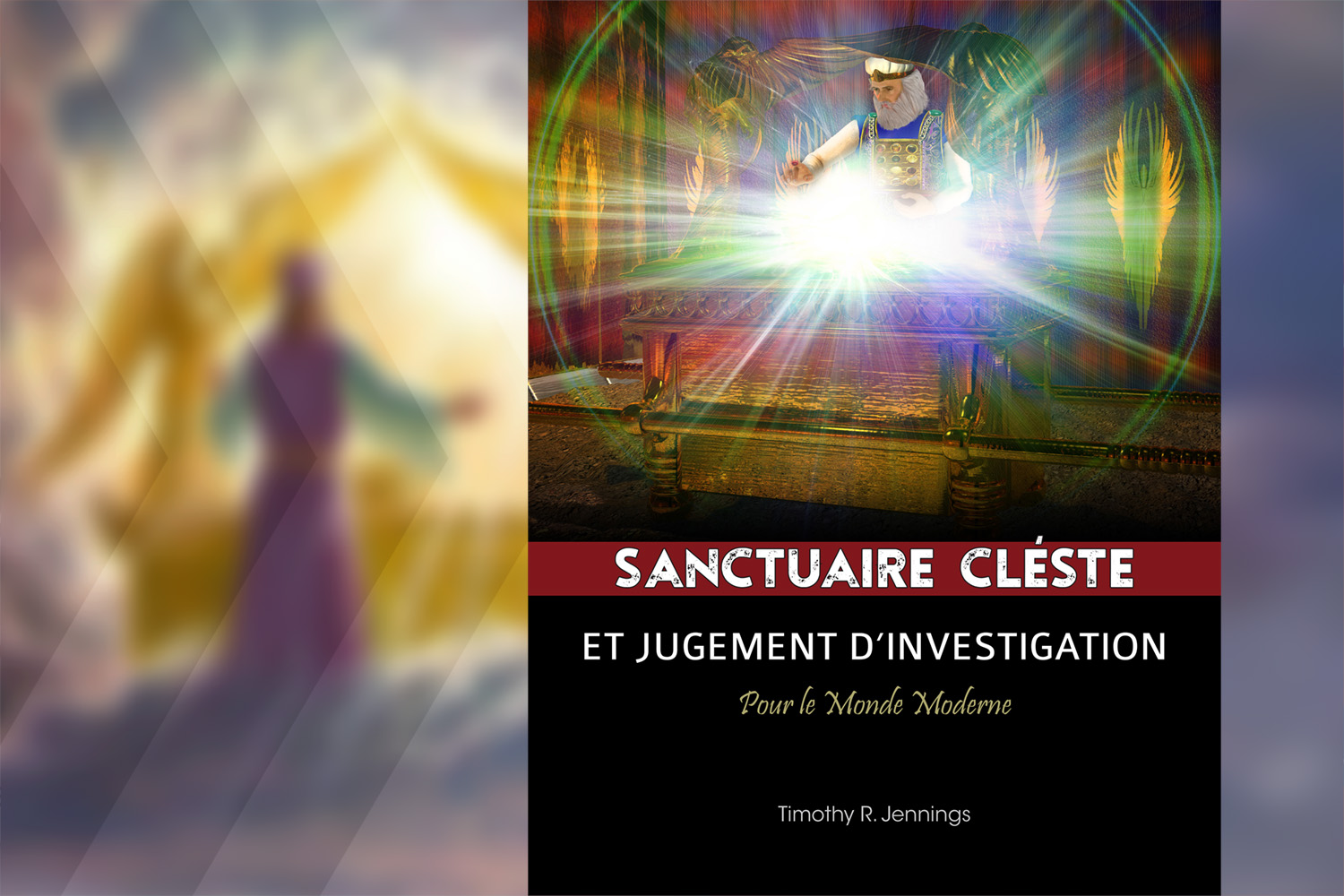If you were a faithful Jew in AD 27, what would you have believed? Who would you have trusted? Where would you have placed your loyalty?
Your entire life, you would have been taught by your parents, teachers, and priests that you were a member of God’s specially chosen people, a people who had the inspired writings of the prophets and who were waiting for the coming of the Messiah.
Your entire life, you would have been taught that all the other religions of the world are false.
Your entire life, you would have participated in weekly Sabbath observance, regular sacrifice at the temple, and annual feasts, such as Passover and the Day of Atonement (Yom Kippur).
Your entire life, you would have trusted the religious leaders—the priests, the Sanhedrin—to interpret the sacred writings, to tell you of your duty to God, to define religious rights and wrongs, and to identify heresy and blasphemy.
And your entire life would have been a burden—a life lived under the fear of sin, the weight of legal religious duties, the fear of failure, the unremitting doubt, the sense of inadequacy, the constant worry that perhaps despite all your tithe paying, all the animal sacrifices, all the hard work of trying to conform to the rules, that you were still not accepted by God.
If you were that Jew, what would you do? Was there another organized religious institution through whom God was working other than Israel? Was there a better Bible (scriptures) with more accurate revelations from God than the Torah?
Would that mean the leadership of the Jewish organization was teaching the truth?
If you were a Jew 2,000 years ago, would it have been wise to trust the priests, Levites, and Sanhedrin to determine what is true? What is God’s will? What is sin? How is one saved from sin?
What did the Jewish religious leaders have wrong? They couched their interpretations of Scripture in the wrong understanding of law. They viewed God’s law as functioning like human law—imposed rules that require imposed punishments. Thus, they misconstrued the ceremonies and symbols to be literal requirements for salvation, rather than theater, metaphor, object lessons to teach reality.
And then Jesus came and taught with authority (see our blog Authority And Satan’s End-Time Deception) the authority of how reality works. All of His parables taught God’s laws as design laws—how things actually function. Jesus broke manmade religious rules to advance the kingdom of heaven. Jesus healed on the Sabbath and socialized with prostitutes, tax collectors, and Samaritans. Why? Because Jesus deals with reality—and the reality is that God created one human species in Eden. Adam infected himself with sin and, therefore, every single human being is born with that terminal sin condition (Psalm 51:5); every human being needs the exact same solution, treatment, remedy to that sin condition; and Jesus came to take away the sin of the world (John 1:29) in order to provide the remedy to our sin condition, saving and healing all who partake of what He has provided (Galatians 2:20; 2 Peter 1:4). Sin cannot be resolved by rules and rule-keeping—only by recreation, healing, cleansing of hearts and minds by the recreative power of God!
Jesus said,
“For God so loved the world that he gave his one and only Son, that whoever believes in him shall not perish but have eternal life. For God did not send his Son into the world to condemn the world, but to save the world through him” (John 3:16,17 NIV84).
“Come to me, all you who are weary and burdened, and I will give you rest. Take my yoke upon you and learn from me, for I am gentle and humble in heart, and you will find rest for your souls. For my yoke is easy and my burden is light” (Matthew 11:28–30 NIV84).
And the religious leaders, the leaders of God’s chosen people, when they saw Jesus healing, blessing, and forgiving, said of Him,
“Aren’t we right in saying that you are a Samaritan and demon-possessed?” (John 8:48 NIV84).
If you were a faithful Jew 2,000 years ago working for the “church,” how would you have responded if confronted by your leadership as these faithful followers were:
Finally the temple guards went back to the chief priests and Pharisees, who asked them, “Why didn’t you bring him in?”
“No one ever spoke the way this man does,” the guards declared.
“You mean he has deceived you also?” the Pharisees retorted. “Has any of the rulers or of the Pharisees believed in him? No! But this mob that knows nothing of the law—there is a curse on them” (John 7:45–49 NIV84)?
So, if you were a faithful Jew 2,000 years ago, would you continue to be faithful by being loyal to your denomination, the orthodoxy as taught by the teachers, priests, Levites, and Sanhedrin? Or, if you followed those leaders of God’s chosen and blessed system, would you have moved from faithfulness to rebelliousness and joined them in crucifying Jesus?
What about today?
If you are a faithful Christian, belonging to a denomination that is called by God to take the gospel of Jesus to the world and advance “right” doctrines, will you be able to stay faithful if you surrender your thinking to your pastors, priests, theology professors, and church officers—or must you think for yourself and know the truth for yourself?
As Paul advised in Romans 14:5, shouldn’t you be fully persuaded in your own mind of what is true? Might it be that in order to stay faithful to Jesus, you will need to be like Peter, Paul, and the other apostles and reject the teachings of your church leadership?
This is not hypothetical; it is historical—a fact of history that has recurred and will recur again. As one of the founders of the Adventist Church notes in her commentary on the life of Christ, The Desire of Ages,
The Sanhedrin had rejected Christ’s message and was bent upon His death; therefore Jesus departed from Jerusalem, from the priests, the temple, the religious leaders, the people who had been instructed in the law, and turned to another class to proclaim His message, and to gather out those who should carry the gospel to all nations.
As the light and life of men was rejected by the ecclesiastical authorities in the days of Christ, so it has been rejected in every succeeding generation. Again and again the history of Christ’s withdrawal from Judea has been repeated. When the Reformers preached the word of God, they had no thought of separating themselves from the established church; but the religious leaders would not tolerate the light, and those that bore it were forced to seek another class, who were longing for the truth. In our day few of the professed followers of the Reformers are actuated by their spirit. Few are listening for the voice of God, and ready to accept truth in whatever guise it may be presented. Often those who follow in the steps of the Reformers are forced to turn away from the churches they love, in order to declare the plain teaching of the word of God. And many times those who are seeking for light are by the same teaching obliged to leave the church of their fathers, that they may render obedience (The Desire of Ages, pg 232, emphasis mine).
I challenge you: Don’t fall into the trap of surrendering your mind to others, but always think for yourself and stay loyal to Jesus above all others!











 using your credit or debit card (no PayPal account needed, unless you want to set up a monthly, recurring payment).
using your credit or debit card (no PayPal account needed, unless you want to set up a monthly, recurring payment). instead?
instead?